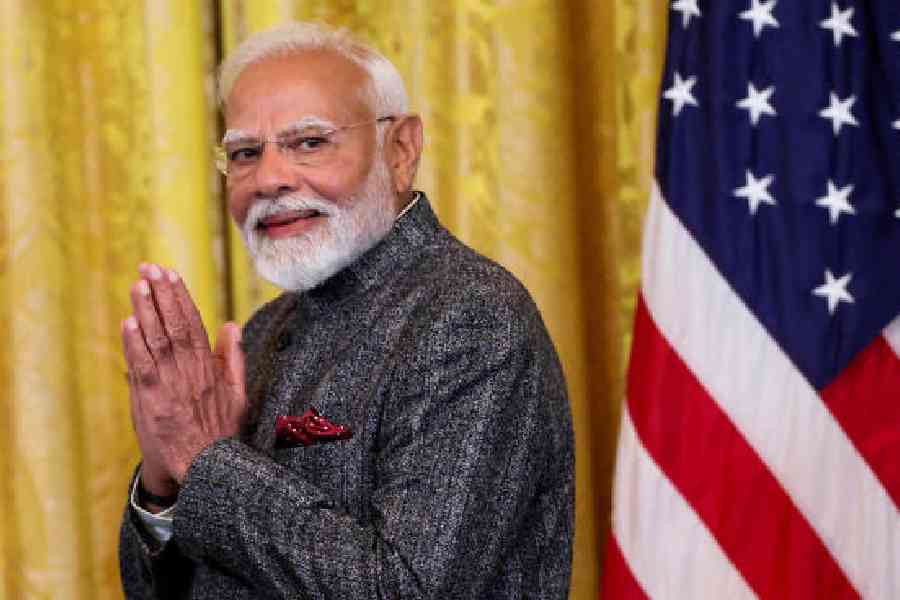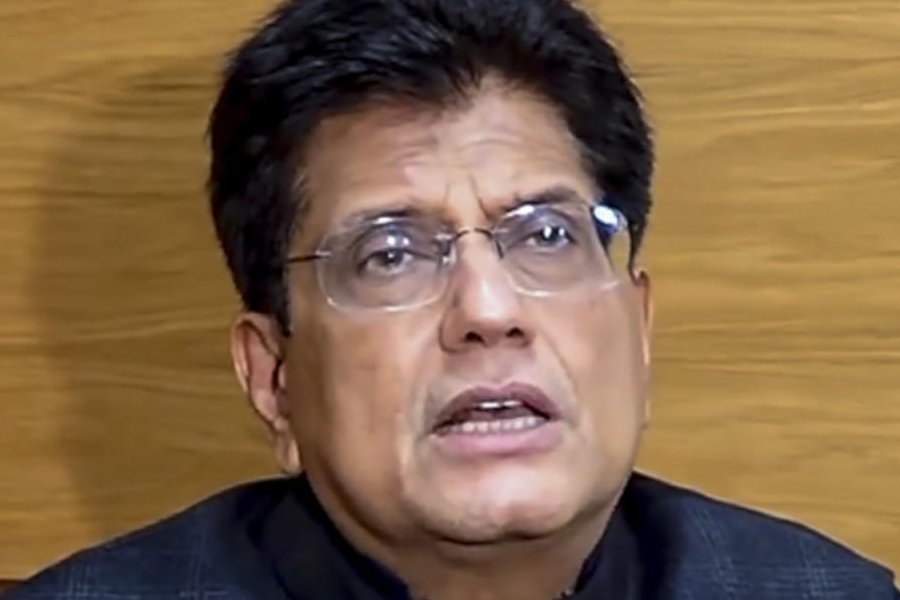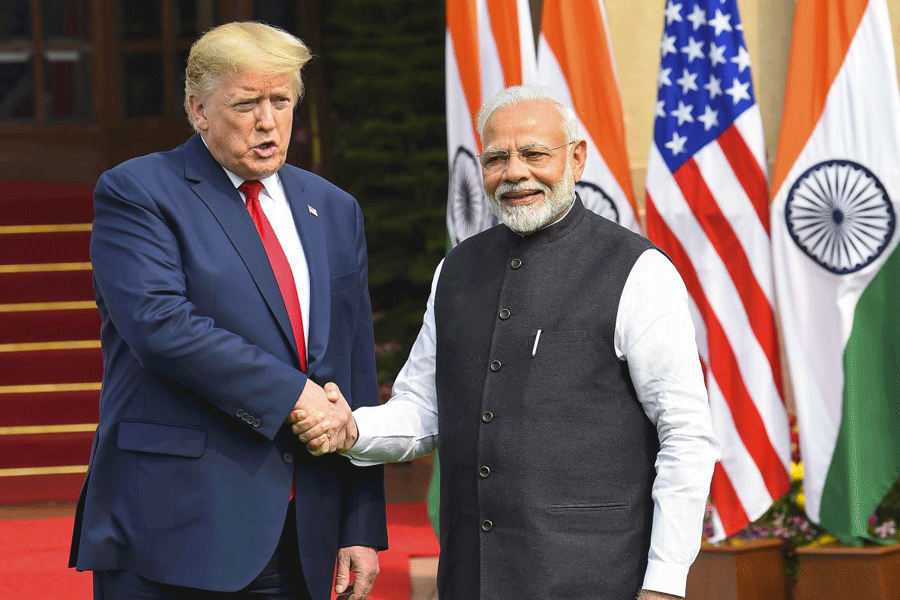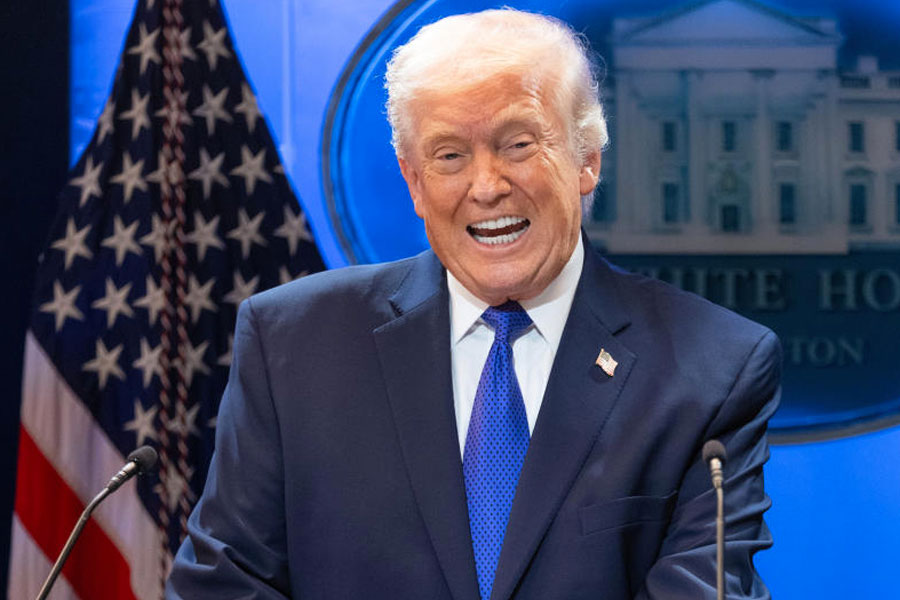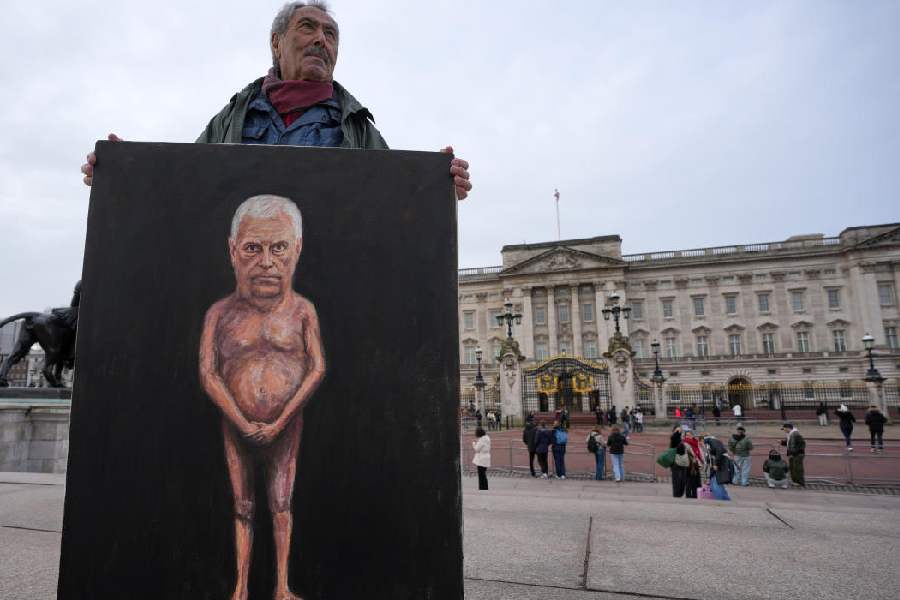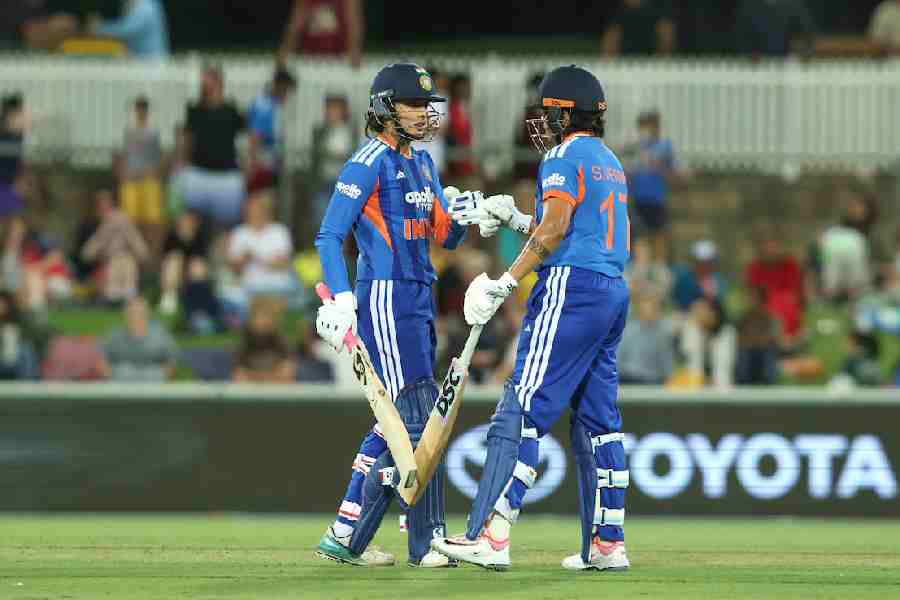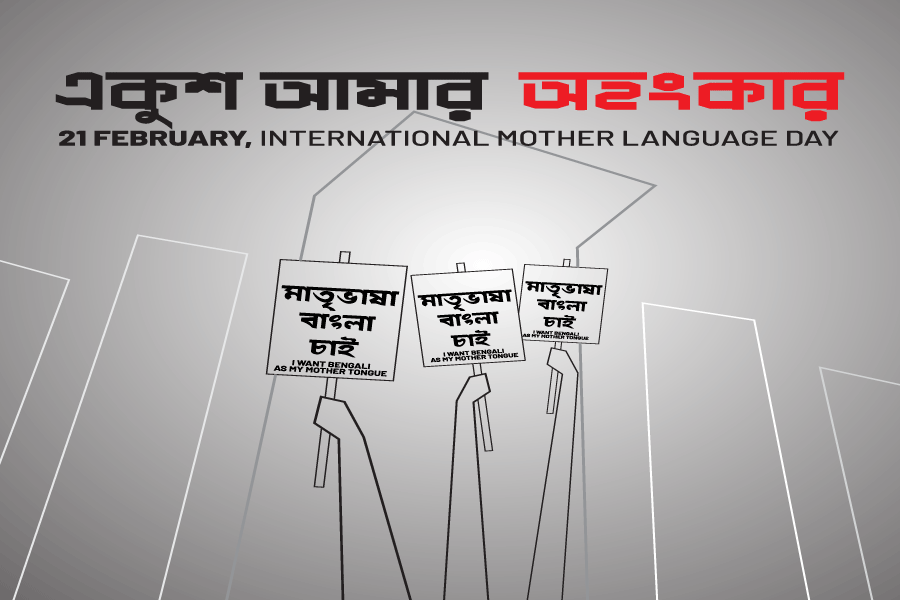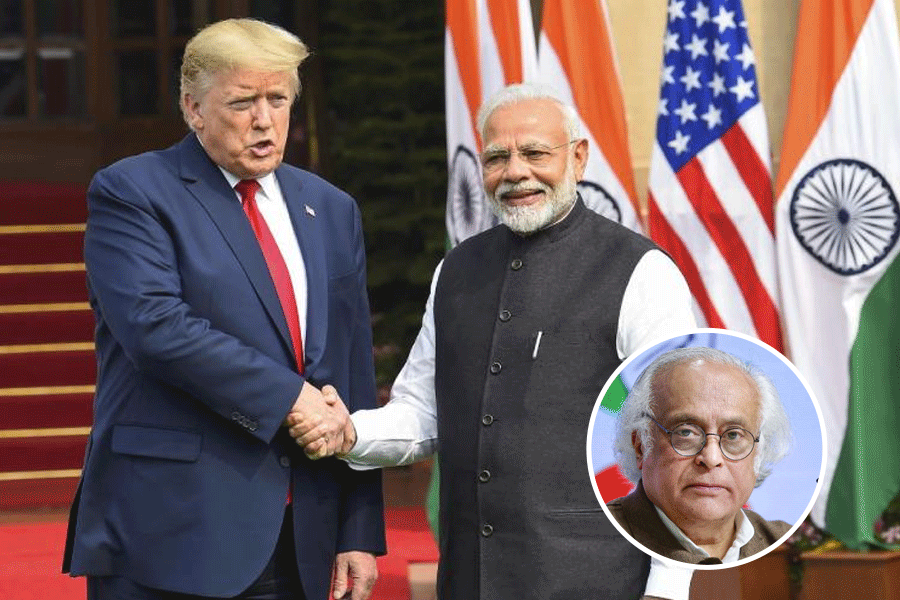Indian foreign secretary Vikram Misri said on Friday that Bangladesh came up for discussion between Prime Minister Narendra Modi and US President Donald Trump in Washington where the Indian Prime Minister shared his “concerns” about the recent developments in the neighbouring country.
“Just to share with you that this (Bangladesh) was a subject that was discussed between the two leaders. And the Prime Minister shared his views and, indeed, his concerns with regard to recent developments in Bangladesh and how India sees the situation,” he said during a briefing in Washington.
The Yunus government did not issue a formal reaction to Misri’s comments till late into the evening on Friday.
The fact that the two sides discussed developments along India’s eastern border is not a surprise as Misri, while responding to a question during a media briefing in New Delhi in the run-up to Modi’s US visit, had said that Bangladesh “might be one of the issues” that will come up during the discussions on “regional and international situation”.
Former Indian foreign secretary Harsh Vardhan Shringla said that the two leaders taking up the issue of Bangladesh was very important. “I think it is important for India and the US to have convergence on issues related to India’s neighbourhood, especially Bangladesh,” he told this newspaper.
Though India has repeatedly conveyed its desire to work “closely with the interim government” headed by Yunus, the New Delhi-Dhaka relationship has remained strained since the fall of the Sheikh Hasina government on August 5, 2024. The two sides have not been on the same page on several issues — like the safety and welfare of minorities in Bangladesh, Hasina’s stay in India despite Dhaka’s demand for her extradition and matters related to fencing along the border — and the differences have kept tumbling out in the open in statements issued by the two countries on these issues.
The last two weeks, however, have witnessed more turbulence after MEA spokesperson Randhir Jaiswal condemned the attack on the Bangladesh’s founding father Sheikh Mujibur Rahman’s residence, which was reduced to rubble after protesters brought bulldozers to demolish it, on February 5.
After holding Hasina’s virtual address to her supporters responsible for the attack at 32 Dhanmondi, the Bangladesh government called New Delhi’s comments on its internal affairs “uncalled for and unexpected” and urged India to ensure that the deposed Prime Minister refrains from making political comments. Last week, India retaliated by summoning the most senior Bangladeshi diplomat in New Delhi to protest the “persistent negativity” created by the statements of the leadership in Dhaka.
Multiple sources in the diplomatic circles told this newspaper that Misri’s comments made it clear that Modi presented a detailed picture on India’s concerns with the unfolding situation in Bangladesh.
“The rise of radical Islamist forces and their growing influence on the interim government pose a threat to the minorities, especially the Hindus... The Prime Minister must have flagged this concern, among other disturbing trends in Bangladesh, during his meeting with Trump,” said a source in the Indian foreign policy establishment.
According to him, India views early general elections and transition of power to an elected government as the way forward for Bangladesh, saddled with an “unprecedented political and economic crisis”.
“The Yunus government is not an elected government. It has been thrust on the people... A free and fair election in a conducive environment, in which all the political parties get a level playing field, is the way forward for the country,” said the source.
Last month, Indian Army chief General Upendra Dwivedi articulated this stand and stressed that the “overall relations” between the two countries would be normal when an elected government comes to power in Bangladesh.
Though Yunus recently told leaders of the BNP, the main Opposition force for about two decades, that the next election would be held this December, political observers do not consider it a possibility. The Jamaat-e-Islami and the student leaders, who led the anti-Hasina movement and put Yunus at the helm, are against holding elections before carrying out sweeping reforms in the country.
Misri did not share details on the Bangladesh-related issues that came up for discussion between Modi and Trump, but he expressed hope regarding a better future in bilateral ties.
“I think we hope that the situation in Bangladesh will also move forward in a direction where we can pursue relations in a constructive and stable way with them. But there are concerns about that situation. And the Prime Minister shared those views with President Trump,” he said.

